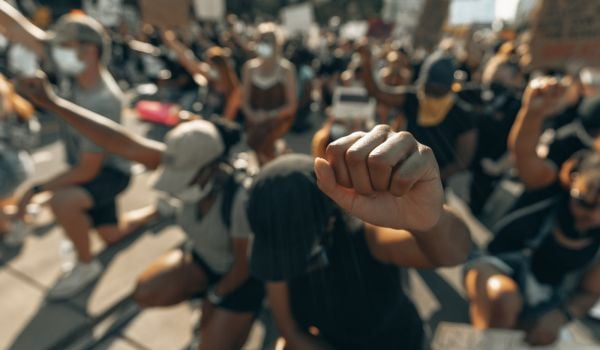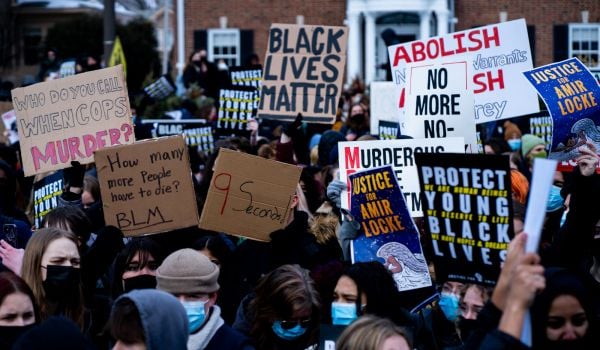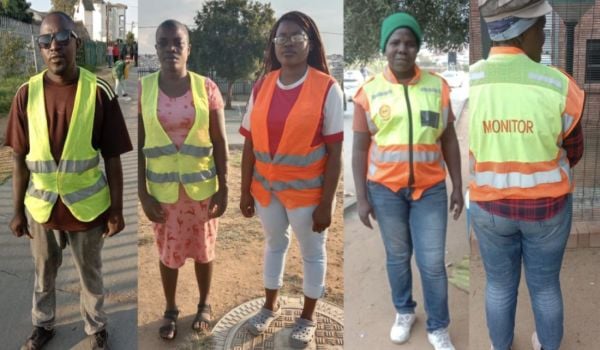As public scrutiny of police and policing have increased in recent years, so too have training programs designed to teach officers to recognize implicit bias, diffuse tense situations and pause to consider other options before deploying deadly force. The results of such reforms have been mixed. Despite instituting a training program in 2012 intended to produce “officers who are guardians as opposed to warriors,” for example, Chicago still outpaces the rest of the country’s largest cities for officer-involved shootings.
New Orleans is trying a different approach. The New York Times reports that the city’s entire 1,172-person force will be expected to undergo a new training program that teaches officers to intervene when they perceive fellow officers to be “on the verge of unethical behavior.”
Peer intervention isn’t a new concept, but New Orleans officials say they’re implementing it in a way that hasn’t been tried before. The curriculum’s core principles are rooted in the work of Ervin Staub, a retired psychology professor who dedicated his career to the study of good and evil. In addition to examining why people participate in group violence, Staub — whose family survived the Holocaust in Hungary with the help of sympathetic allies — has also studied why certain people choose to intervene and to help.
“Violence, and also helping, tend to evolve progressively,” he told The New York Times. “Some bystanders may act, but usually only after violence has become extreme. … One of the things that I’ve been thinking about for some time is how we can move this forward so that people don’t remain passive until tragic things happen.”
In the New Orleans training, which started for top ranking officers in January, intervention is couched in practical terms. In a hyper-vigilant age of body cameras and smart phones, stepping in when a fellow officer is about to make a hasty and violent decision is presented as a way to protect them from disciplinary action or criminal charges. At a recent training session, one slide showed that 141 officers had died while on duty in 2008, an equal number had committed suicide, and more than 10 times as many officers had lost their jobs due to misconduct.
“Would you stop your partner from getting shot if you could?” an instructor asked at the training. “Why wouldn’t you stop your partner from being fired if you could?”
Intervening could mean approaching a partner who is becoming overly agitated with a suspect, and telling them in coded language that you’ll take over the interrogation. It could mean simply telling an exhausted colleague to take a break.
The Times reported that several officers in the class questioned the real-world applicability of these tactics. Would rookie officers really feel comfortable telling a superior to back off? Can an understaffed department really allow its officers the time they need to rest and recharge? The president of the local police union also questioned whether officers really have the leeway to make these decisions given the constraints imposed on the NOPD under the Department of Justice-imposed consent decree.
Jen Kinney is a freelance writer and documentary photographer. Her work has also appeared in Philadelphia Magazine, High Country News online, and the Anchorage Press. She is currently a student of radio production at the Salt Institute of Documentary Studies. See her work at jakinney.com.
Follow Jen .(JavaScript must be enabled to view this email address)
















